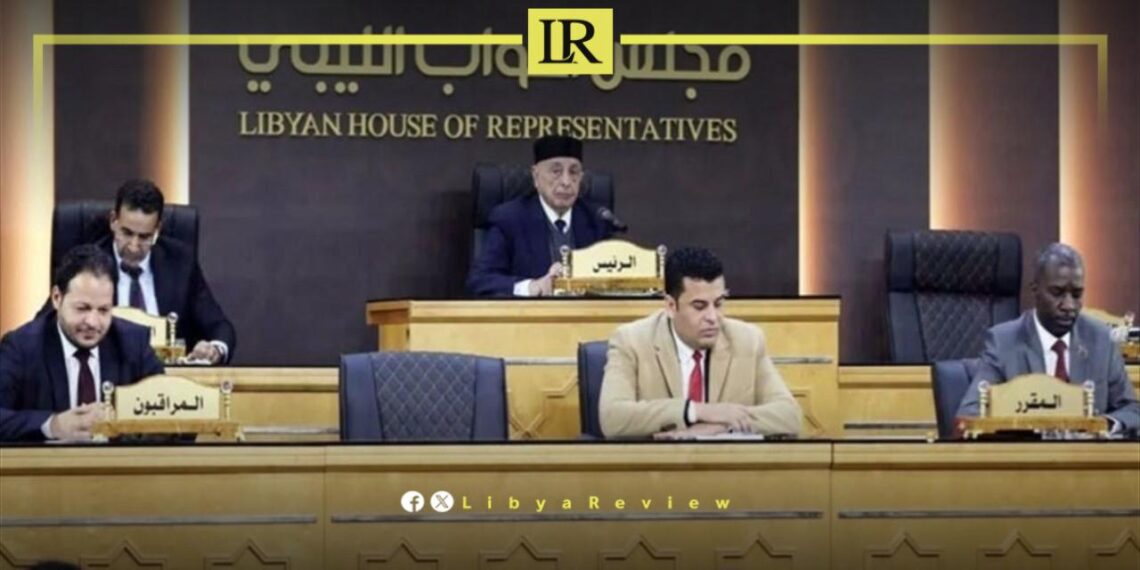The Libyan Parliament-desigante government, led by Prime Minister Osama Hammad, confirmed that the approval of a unified national budget by the parliament will positively impact all aspects of Libya’s economic, political, and social life.
In a statement released on Wednesday, the government said that the approval of the unified budget will enhance transparency in public spending in accordance with the state’s financial laws.
The general budget for 2024 was presented to the House of Representatives and discussed extensively in previous sessions. All necessary comments from various parties were taken into account, and the budget was finally approved and issued as a unified budget law for the entire Libyan territory.
The government appreciated the efforts of the Speaker and members of the House of Representatives, the Committee for Restructuring and Arranging the General Budget, and the Finance Committee of the House. It also acknowledged the role of the Governor of the Central Bank of Libya, his deputy, and all administrations for their cooperation and understanding in achieving this important milestone.
The government expressed its hope that this step would be the first towards unifying all state institutions, following the example of financial institutions, the Central Bank of Libya, and all other state entities.
Earlier on Wednesday, the Libyan House of Representatives unanimously voted to approve an additional allocation for the 2024 state budget proposed by Hamad’s government.
Libya has been in chaos since a NATO-backed uprising toppled longtime leader Muammar Gaddafi in 2011. The county has for years been split between rival administrations.
Libya’s economy, heavily reliant on oil, has suffered due to the ongoing conflict. The instability has led to fluctuations in oil production and prices, impacting the global oil market and Libya’s economy.
The conflict has led to a significant humanitarian crisis in Libya, with thousands of people killed, and many more displaced. Migrants and refugees using Libya as a transit point to Europe have also faced dire conditions.
The planned elections for December 2021 were delayed due to disagreements over election laws and the eligibility of certain candidates. This delay has raised concerns about the feasibility of a peaceful political transition.
Despite the ceasefire, security remains a significant concern with sporadic fighting and the presence of mercenaries and foreign fighters. The unification of the military and the removal of foreign forces are crucial challenges.


